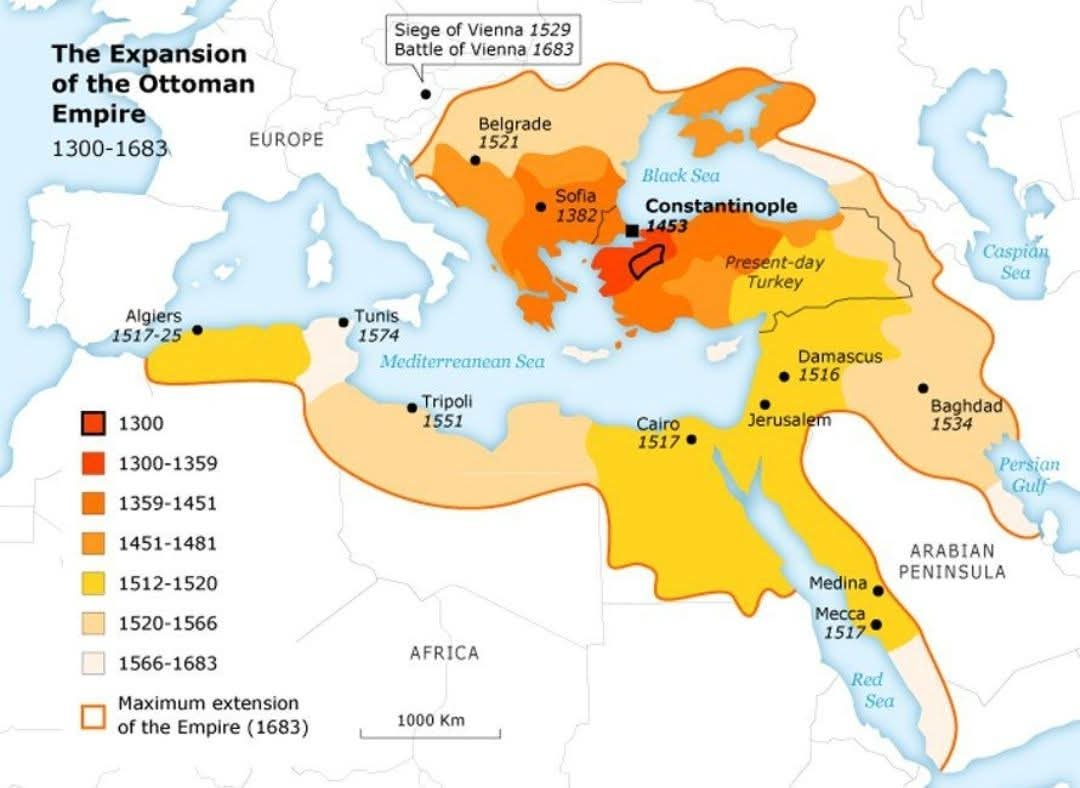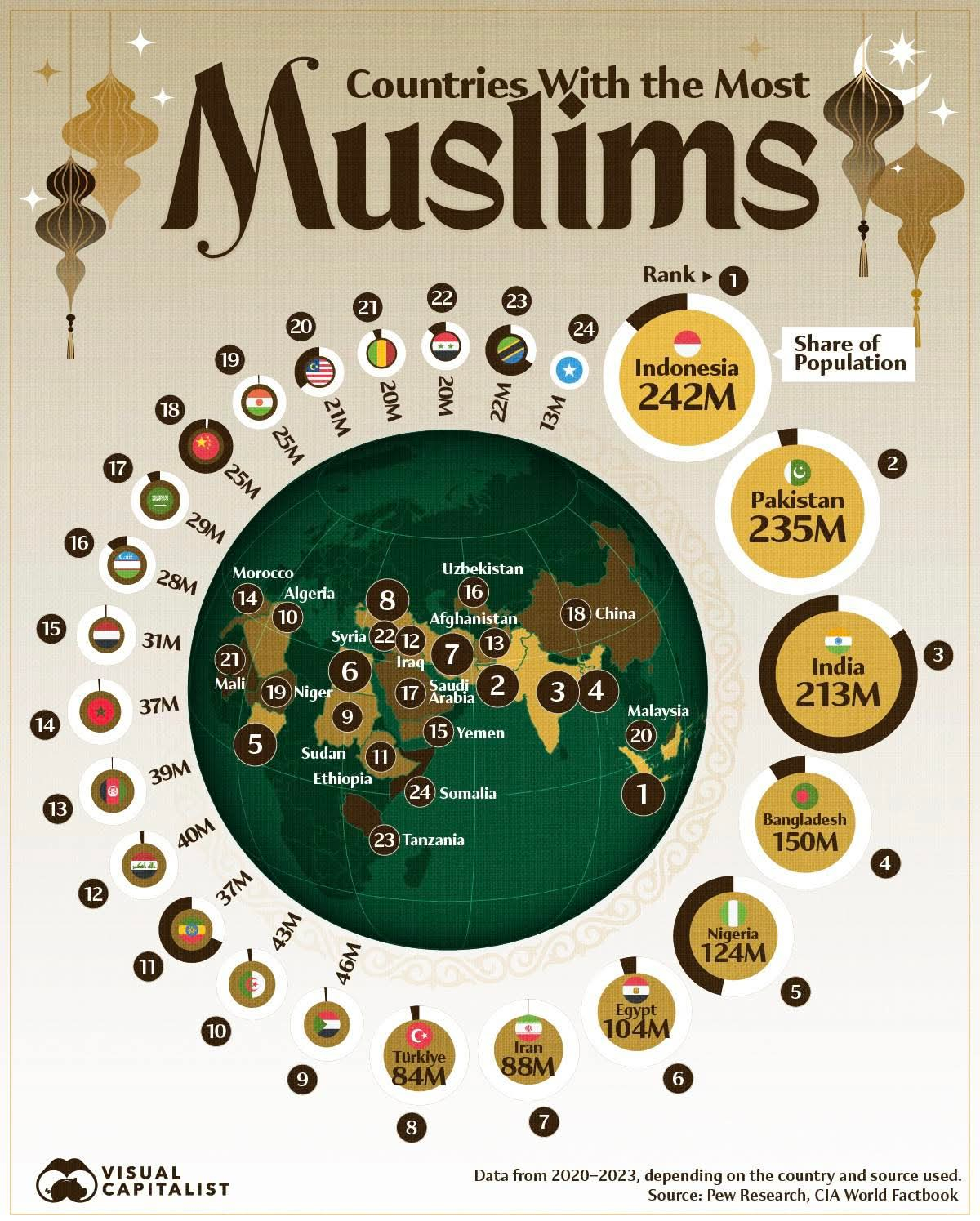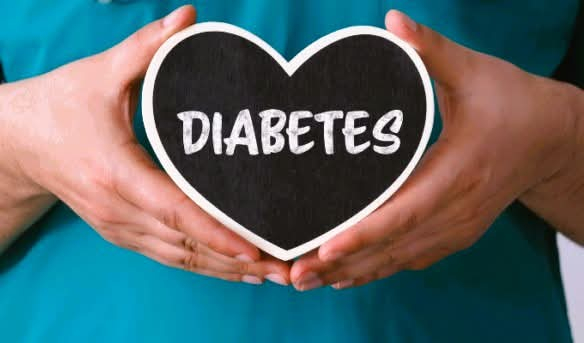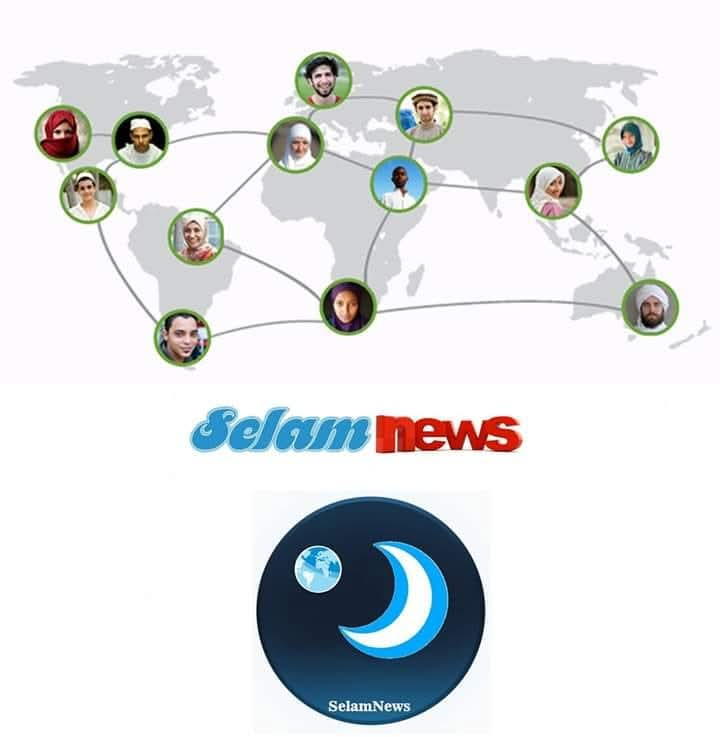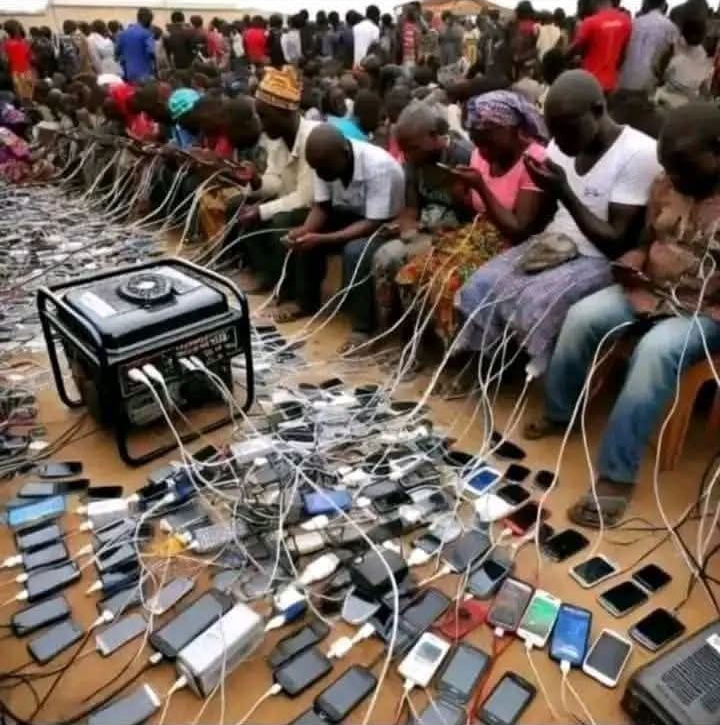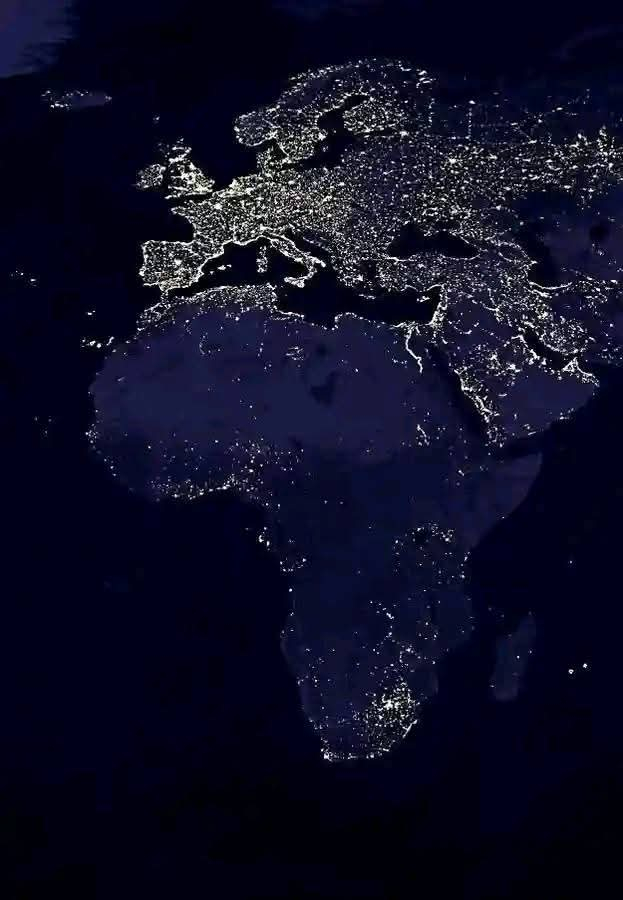The Ottoman Empire at Its Peak – 1683
In 1683, the Ottoman Empire stood as one of the world’s most powerful states, stretching across three continents.
Territory – From Hungary in the heart of Europe to the Arabian deserts, from North Africa to the Caucasus, the empire spanned 6-7 million square kilometers.
Capital – Istanbul, once Constantinople, was a global hub of trade, culture, and politics.
Diversity – The empire united Turks, Arabs, Kurds, Greeks, Armenians, Slavs, Jews, and many more under a vast administrative system.
Military Power – The Janissaries and navy projected influence across the Mediterranean, Red Sea, and beyond.
1683 Vienna Campaign – Marked the high tide of Ottoman expansion into Europe, though the failed siege of Vienna also signaled the turning point of imperial fortunes.
The Ottoman Empire in 1683 was not just a political force — it was a cultural mosaic and a major player in global history.
A true ISLAMIC UNITY is not only the only solution to provide Peace, Tranquility, and Security today — just as the Ottoman State ensured for 600 years — but also the only path for the economic development of poor Islamic countries.
In 1683, the Ottoman Empire stood as one of the world’s most powerful states, stretching across three continents.
Territory – From Hungary in the heart of Europe to the Arabian deserts, from North Africa to the Caucasus, the empire spanned 6-7 million square kilometers.
Capital – Istanbul, once Constantinople, was a global hub of trade, culture, and politics.
Diversity – The empire united Turks, Arabs, Kurds, Greeks, Armenians, Slavs, Jews, and many more under a vast administrative system.
Military Power – The Janissaries and navy projected influence across the Mediterranean, Red Sea, and beyond.
1683 Vienna Campaign – Marked the high tide of Ottoman expansion into Europe, though the failed siege of Vienna also signaled the turning point of imperial fortunes.
The Ottoman Empire in 1683 was not just a political force — it was a cultural mosaic and a major player in global history.
A true ISLAMIC UNITY is not only the only solution to provide Peace, Tranquility, and Security today — just as the Ottoman State ensured for 600 years — but also the only path for the economic development of poor Islamic countries.
The Ottoman Empire at Its Peak – 1683
In 1683, the Ottoman Empire stood as one of the world’s most powerful states, stretching across three continents.
🔹 Territory – From Hungary in the heart of Europe to the Arabian deserts, from North Africa to the Caucasus, the empire spanned 6-7 million square kilometers.
🔹 Capital – Istanbul, once Constantinople, was a global hub of trade, culture, and politics.
🔹 Diversity – The empire united Turks, Arabs, Kurds, Greeks, Armenians, Slavs, Jews, and many more under a vast administrative system.
🔹 Military Power – The Janissaries and navy projected influence across the Mediterranean, Red Sea, and beyond.
🔹 1683 Vienna Campaign – Marked the high tide of Ottoman expansion into Europe, though the failed siege of Vienna also signaled the turning point of imperial fortunes.
The Ottoman Empire in 1683 was not just a political force — it was a cultural mosaic and a major player in global history.
A true ISLAMIC UNITY is not only the only solution to provide Peace, Tranquility, and Security today — just as the Ottoman State ensured for 600 years — but also the only path for the economic development of poor Islamic countries.
0 Comments
0 Shares


